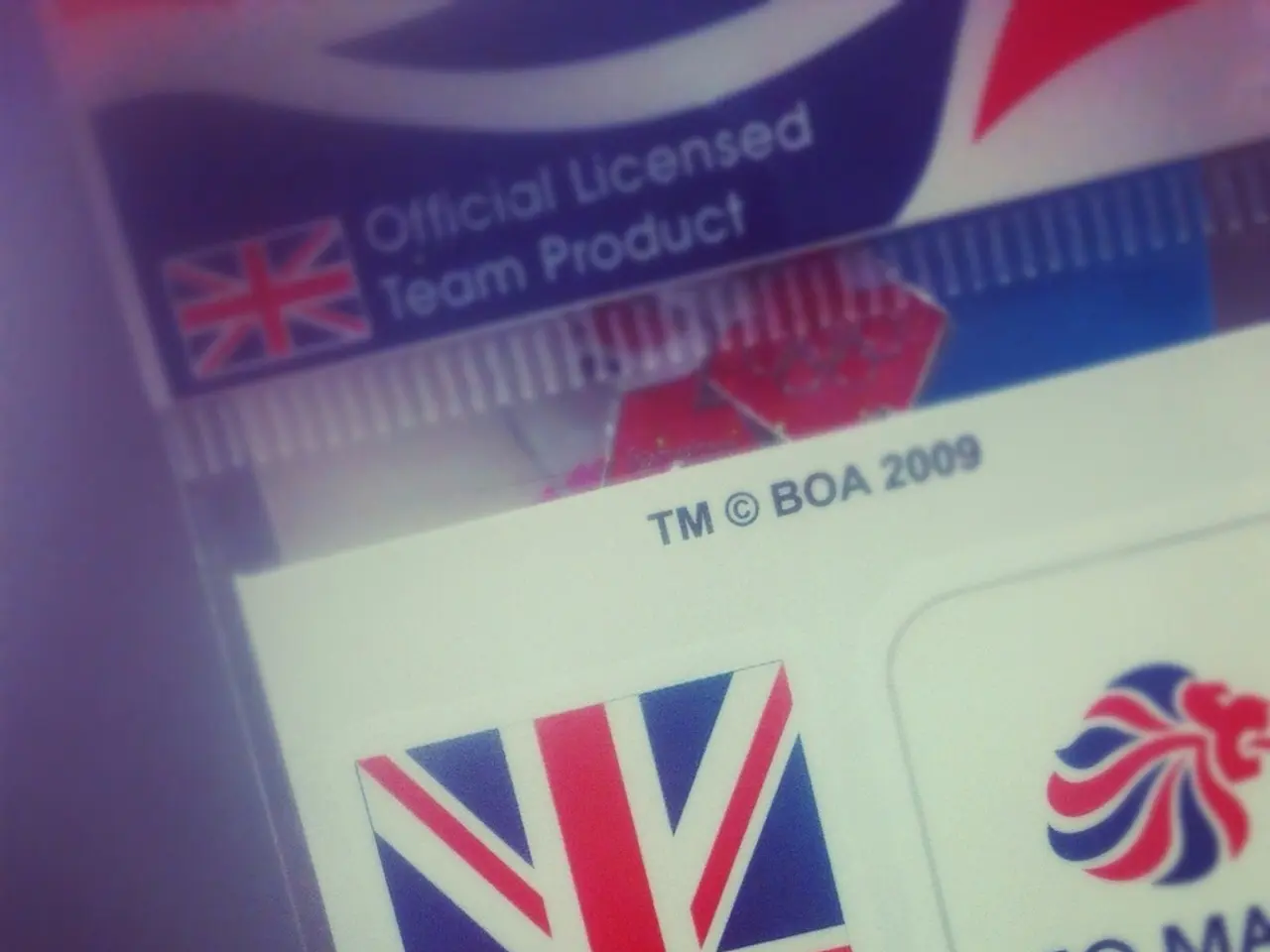Government urged to seriously revise Online Safety Act, as suggested by X
In the digital age, the UK's Online Safety Act, designed to protect children and limit access to harmful content, has sparked a wave of controversy. The Act, which places legal duties on platforms to safeguard freedom of expression, has raised concerns about its impact on free speech.
The specific concerns revolve around stringent age-verification requirements and broad safety measures. Critics argue these provisions could restrict access to information, create a chilling effect on legitimate speech, and potentially lead to overreach, increased surveillance, and self-censorship.
One of the key points of contention is the age-verification system. Four companies, namely 8579 LLC, AVS Group Ltd, Kick Online Entertainment S.A., and Trendio Ltd, which collectively run 34 pornography sites and have more than nine million unique monthly UK visitors, are currently under investigation by Ofcom to ensure compliance with the new age-check requirements.
Ofcom, the UK's communications regulator, has also launched investigations into other platforms, including 4chan, an unnamed online suicide forum, seven file-sharing services, and two adult websites. The regulator prioritises these investigations based on the risk of harm posed by the services and their user numbers.
The Act's critics claim that the broad definitions of "harmful" content and the extensive regulatory powers could undermine fundamental civil liberties and privacy, effectively demolishing free speech protections online. There are accusations that legitimate expression, including non-explicit content, is being censored due to keyword filtering and content moderation prompted by the law’s enforcement.
Furthermore, issues have been raised regarding the Act’s insufficient protection for end-to-end encryption, potentially allowing government access to private communications.
The public backlash against the new regulations has been significant. Hundreds of thousands have protested, and political figures have claimed the Act amounts to state suppression of free speech. Reform UK's leader, Nigel Farage, has likened the new rules to such suppression and stated that his party would ditch the regulations.
A petition with 468,000 signatures has been started to repeal the Online Safety Act, reflecting the public's growing unease about its potential impact on free speech.
However, the government has made it clear that it has "no plans" to reverse the Online Safety Act. Ofcom also expects to make further enforcement announcements in the coming months.
In the midst of this debate, it remains to be seen how the Act will shape the digital landscape in the UK, balancing the need for child protection with the preservation of free speech.
[1] [Source] [2] [Source] [3] [Source] [4] [Source] [5] [Source]
- The debate around the UK's Online Safety Act extends to concerns about its impact on free speech, with critics arguing that broad safety measures could potentially lead to overreach, increased surveillance, self-censorship, and the censorship of legitimate expression due to keyword filtering and content moderation.
- In the digital age, the Act's critics claim that its broad definitions of "harmful" content and extensive regulatory powers could undermine fundamental civil liberties and privacy, effectively demolishing free speech protections online.
- Reform UK's leader, Nigel Farage, has likened the new online regulations to state suppression of free speech and stated that his party would seek to ditch the Online Safety Act, further fueling the public backlash against the new regulations.




